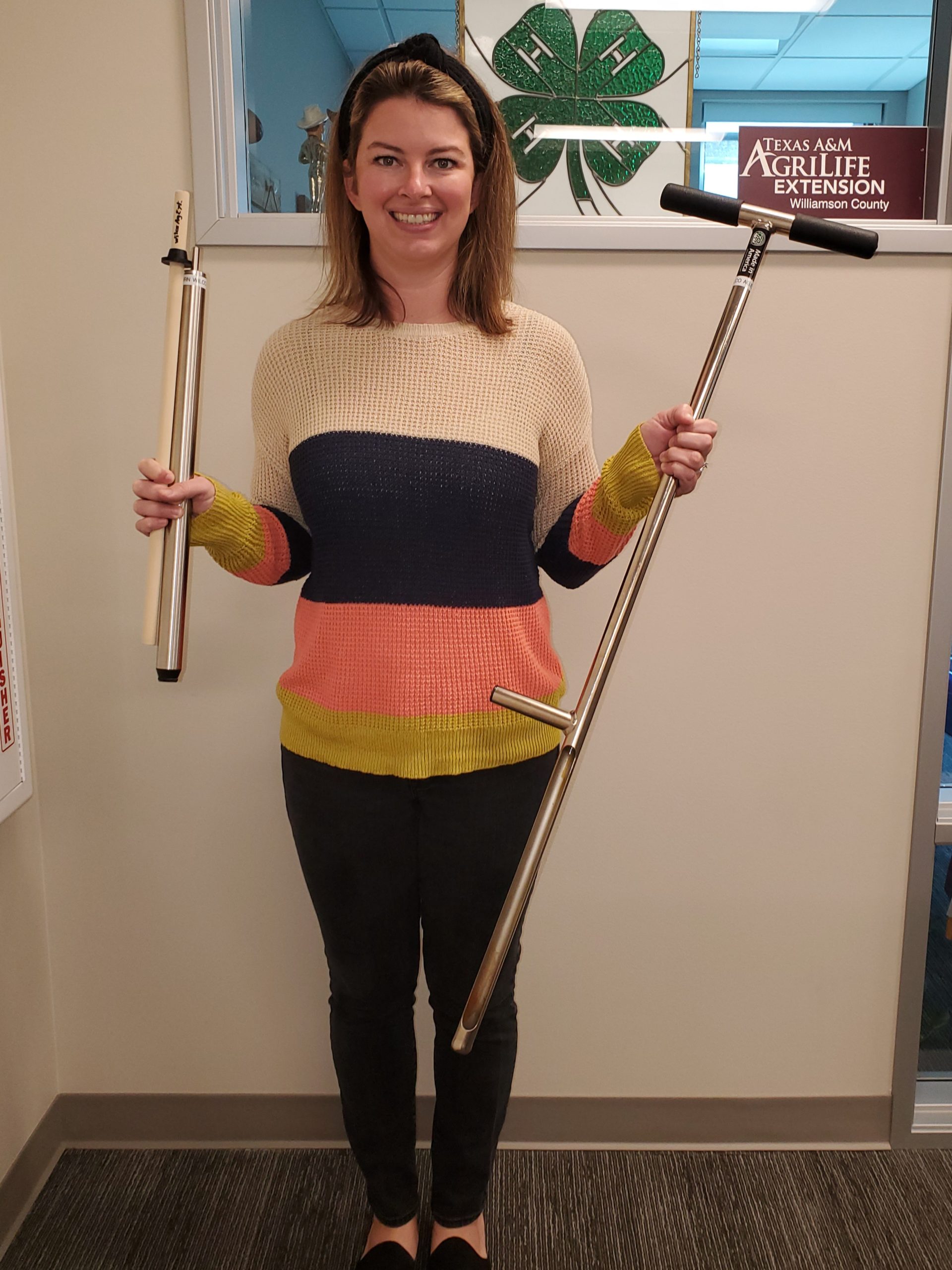Armyworms are on the move! Usually, we do not notice these little brown and yellow striped caterpillars crawling through the lawn. The weather conditions this year with all the rain has made for a heavy infestation of armyworms in parts of the county. These worms march army-like in a line and can eat a whole lawn before you know what hit you!
The armyworm moths fly and mate at night, and a female can lay up to 1,000 eggs in masses on host plants, the underside of leaves, or even structures like fences and light posts. The newly hatched larvae lower themselves to the ground with a silken thread and start to feed on turfgrass. In the early stages, the larvae do not eat much, and they will eat the green tissue from the leaf blade leaving a transparent “windowpane.”
The fourth and fifth instar (developmental stage of the larvae) of the armyworm caterpillars is a little more voracious! They will eat the entire leaf and move on to the next one. In fact, armyworms consume 93% of the total foliage of their entire lifespan during the fourth and fifth larval stages. That sounds about right for a teenager! Many homeowners in our area have noticed their whole lawn looks drought stressed or even eaten up overnight, but this is most likely an infestation of the armyworms eating their way through the lawn.
The damage from armyworms looks bad during a heavy infestation. Armyworms will eat Bermuda grass lawns and pastures, as well as crops like corn, grain, and vegetables. A healthy Bermuda grass lawn will most likely recover from an armyworm defoliation because it has a strong system of rhizomes and stolon to help it regrow.
The best time to scout for armyworms is during the morning or early evening when they are most active. If you see large numbers of armyworms in your lawn or notice excessive plant damage, consider treating with an insecticide. There are a few insecticides that are considered low impact for beneficial insects, including Spinosad, halofenozide, or Bacillus thuringiensis (Bt). Halofenozide is only effective on small caterpillars, and Bt does not last more than one to two days in the turfgrass. Conventional insecticide choices for armyworms in lawns include bifenthrin, carbaryl, esfenvalerate, permethrin and others. Be sure to follow the label instructions when using insecticides.
For more information on lawn and garden topics, contact Kate Whitney, Williamson County AgriLife Horticulturist, at 512-943-3300.

